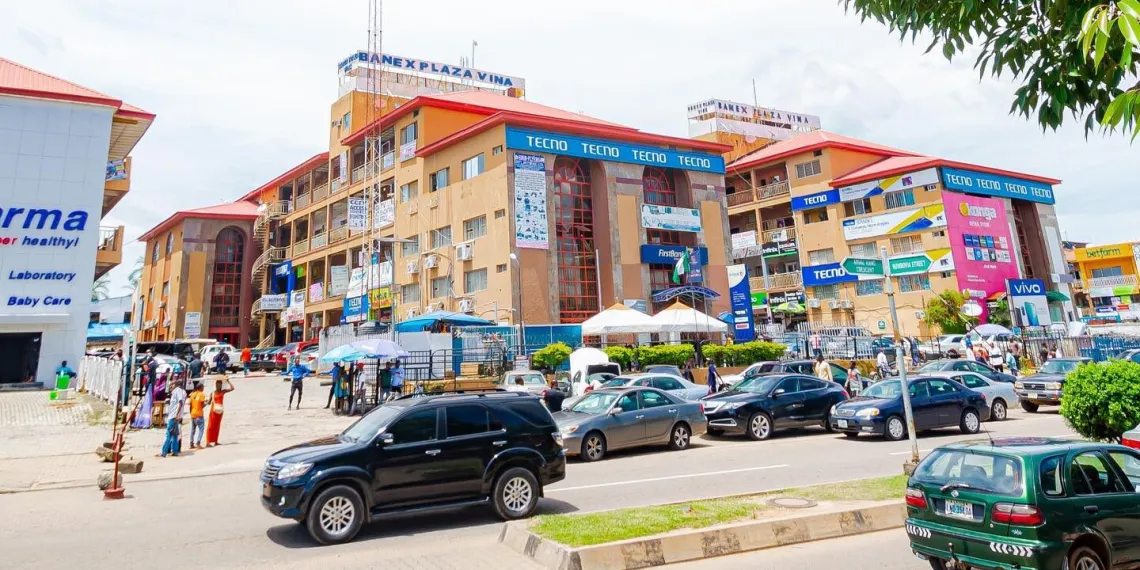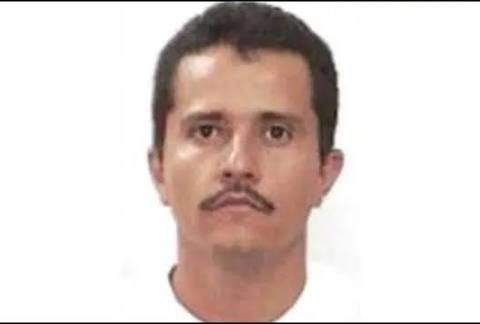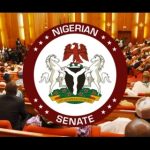Human Rights Writers Association of Nigeria (HURIWA) has said there is no provision of the 1999 constitution (as amended) that empowers the Armed Forces to act in place of a competent court of law by blockading, cordoning off or shutting down a business premises like the Army have done in the case of popular Banex Plaza in Abuja.
Army had announced the closure of the plaza after some individuals believed to be workers in the plaza assaulted some soldiers over disagreements regarding the sale of a mobile phone on Saturday.
Join our WhatsApp ChannelArmy spokesperson Onyema Nwachukwu said the plaza was shut down after an agreement with the management of the plaza to identify individuals who assaulted soldiers.
However, HURIWA, in a statement by its national coordinator, Emmanuel Onwubiko, said the shutting down of the Banex plaza over a fight that three soldiers had with some persons inside the Banex plaza is not the justification for the Army to resort to what it called “self-help”. The Civil rights advocacy group expressed concerns that the action of the Army would create suffering and economic losses for legitimate traders in the plaza who are being deprived of their means of livelihood.
The group added that the police should have been involved to fish out the culprit not the Army resorting to a total shutdown of the plaza for days.
HURIWA said: “Will the chief of Army Staff provide food reliefs and palliative for the families of the traders who are now being deprived of their means of livelihood? This egregious breach of the law by the Army should be rejected and absolutely deprecated as unlawful, unconstitutional and reprehensible. Why didn’t the police be allowed to fish out the culprits whilst other innocent traders are not deprived of their legitimate entitlement to conduct their lawful businesses?”
The human rights group noted that the action of the Nigerian Army in the incident have negative implications for the country’s democracy and therefore called on lawmakers in the National Assembly and the President to intervene and not allow lawlessness to overwhelm the operations of the Army. The group contended that if the Army argues that it has the power to arbitrarily close down legitimate trading and business premises without a binding order of the Court of competent jurisdiction and then the Army and nothing happens, “then the Army can as well wake up one morning and cordon off the presidential Palace or Aso Rock Presidential villa if some army operatives fight with some persons working inside the office of the President.
“President Bola Ahmed Tinubu should chase after a black goat now that it is still daytime because it is better to act cautiously and compel the military to be subjected to civil rule and constitutionalism, than become laid back, lackadaisical, over-indulgent and let the Army continue to illegally do whatsoever pleases their whims and caprices.”
HURIWA made reference to what transpired at Okuama community in Delta State where 17 soldiers were killed by yet-to-be-identified criminals, saying what the Army did in the aftermath of the killings was “unthinkable abominable acts of alleged extra-legal killings in Okuama community in Delta state… and the National Assembly is not in any way investigating these alleged unlawful killings of civilians by soldiers.”
It said that here again, “soldiers have stopped over 5,000 legitimate traders in Banex plaza from going about their businesses only because three of their operatives were beaten up by hoodlums,” adding that “This is unacceptable.”
HURIWA argued that it is not true that an attack on a uniformed military man is an attack on the state “because constitutionally, all citizens enjoy equality of rights and so no citizens should be treated as first-class citizens because he wears a military uniform that taxpayers bought for them and then we equate a fight between a uniform wearing soldier and some hoodlums as an attack against the state; nothing can be more farther from the truth,” HURIWA stated. “If we treat the uniform-wearing citizens as first class then we are breaching section 42(1) of the Nigerian Constitution which absolutely prohibits discrimination,” the human rights group further stated.













